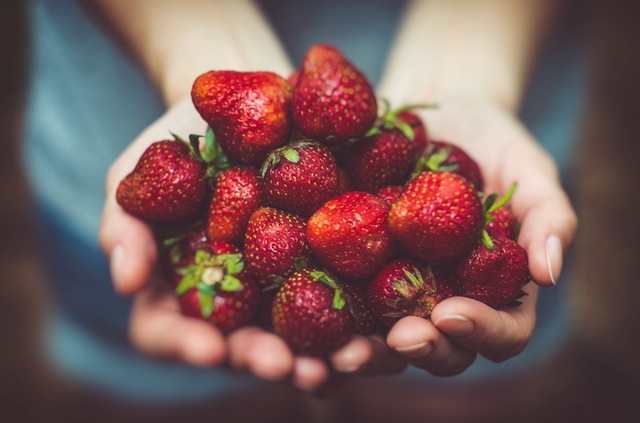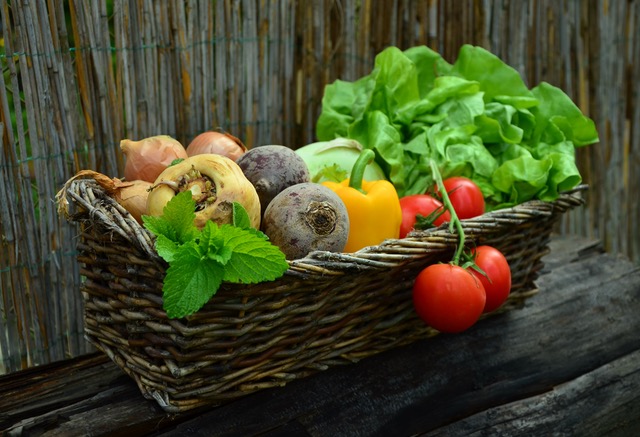“Let food be thy medicine, and medicine be thy food.” – Hippocrates
This simple quote is one of the reasons why I entered the dietetics field; good nutrition has the power to both prevent and cure disease. Diet specifically plays a tremendous role in cancer prevention and treatment. Unfortunately, most of us know a friend or family member who is battling cancer. Since we have control over our food and lifestyle habits, it’s critical that we make healthy choices now to prevent disease and maximize longevity.
When it comes to colon cancer, diet is considered a determinant of increased colon cancer risk. The American Institute for Cancer Research has estimated that about 45% of colorectal cancer cases could be prevented through a healthy diet, physical activity, and maintaining a healthy weight! This provides tremendous incentive for us to take control of our lifestyle habits and make a positive change.
Below are a few main strategies that summarize the important aspects of colorectal cancer prevention. By incorporating these strategies into your weekly routine, you’ll be able to reap the benefits of a nutritious and balanced lifestyle.
- Eat A Rainbow Of Fruits & Vegetables: A high-fiber diet has been found to reduce colorectal cancer risk; for every 10 grams of fiber you consume, your risk of colorectal cancer is reduced by 10%! Fiber is found in vegetables, fruits, whole grains, beans, and nuts. You can increase your fiber intake by making a goal to eat a piece of fruit or serving of vegetables at every meal. Look for a wide variety of colorful fruits and vegetables to get a diverse array of healthy phytonutrients and antioxidants.
- Limit Processed and Red Meats: Numerous studies have shown a link between excessive processed and red meat consumption and increased risk of colorectal cancer. You don’t have to completely give up red meat to live a healthy life, but limiting your consumption is a wise decision. Try to have no more than 8 ounces of red meat per week, and be sure to limit your intake of processed, salted, and cured meats as much as possible. Focus on lean sources of protein such as chicken, turkey, and fish. Participate in Meatless Mondays by eating vegetarian for one day of the week; this allows you to prioritize plant-based eating and enjoy vegetarian proteins such as beans, nuts, and whole grains.
- Avoid Excess Alcohol: Research has found that increased alcohol intake is related to a higher colorectal cancer risk. A meta-analysis of 57 cohort and case-controlled studies found that participants who regularly drank ~3.5 drinks of alcohol per day had 1.5 times the risk of developing colorectal cancer than nondrinkers or occasional drinkers. Additional findings showed strong evidence for an association between drinking more than 1 drink/day and increased colorectal cancer risk. Start by slowly cutting back your alcohol intake, and focus on adequate water hydration during the day.
- Prioritize Physical Activity: A lifestyle that prioritizes regular physical activity is linked to decreased colon cancer risk. Try to increase your activity and exercise for at least 30 minutes on most days of the week. If you aren’t very active, start small and gradually build up to those 30 minutes; you can break up exercise into 10 minute intervals throughout the day if 30 minutes seems too daunting. Any activity is better than none, so test out different forms of exercise to see what you enjoy most.
All of these suggestions promote maintaining a healthy body weight and staying physically active. A balanced diet provides quality proteins, carbohydrates, fats, vitamins, and minerals. These are great strategies to follow to both reduce your colon cancer risk and to live a generally more healthy lifestyle. Share this post with a friend or family member to increase awareness of colon cancer prevention!



